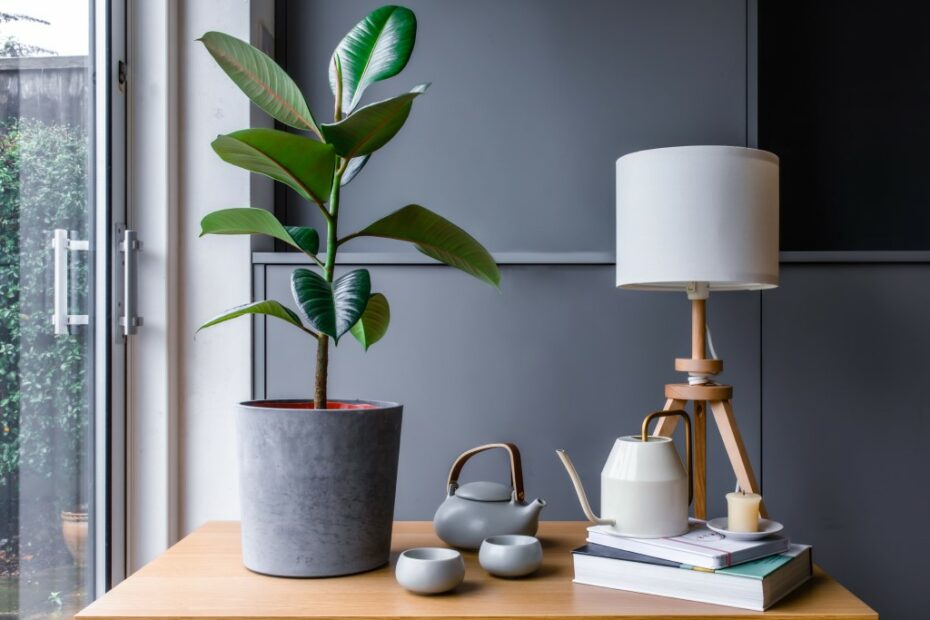Rubber plants (Ficus elastica) are a popular houseplant known for their glossy green leaves and ability to thrive indoors. These plants are relatively easy to propagate, making it possible to grow new plants from existing ones.
Understanding Rubber Plant Propagation
Rubber plant propagation can be done through stem cuttings or air layering. Both methods involve creating new growth from existing plants and can be done at any time of the year.
Stem Cuttings
To propagate a rubber plant through stem cuttings, take a cutting from a healthy stem that is at least 4 inches long. Remove the lower leaves and dip the cut end into rooting hormone powder. Then, plant the cutting in a pot filled with well-draining soil and keep it in a warm, humid location.
Air Layering
Air layering involves creating a wound on the stem of an existing rubber plant and covering it with soil and a plastic wrap. Once roots form, the rooted section can be cut away and planted.
Care for Propagated Rubber Plants
Once the new growth is established, it’s important to provide the propagated rubber plants with proper care. Keep them in a warm and humid location with indirect light, and water them regularly, allowing the soil to dry out slightly before watering again.
Conclusion
Rubber plant propagation is a simple and rewarding process that allows you to grow new plants from existing ones. With proper care, your propagated rubber plants will thrive and bring beauty to your indoor space.
Frequently Asked Questions (FAQs)
No, rubber plant cannot be propagated from leaves. It can be propagated from stem cuttings or air layering.
Rubber plant can be propagated at any time of the year.
It can take several weeks to several months for a rubber plant cutting to root, depending on the conditions and the size of the cutting.
It is best to use purified or distilled water for propagated rubber plants, as tap water may contain chlorine or other chemicals that can be harmful to the new growth.
Rubber plant can be propagated in water, but it is not the most ideal method. It is best to propagate rubber plant in soil.
